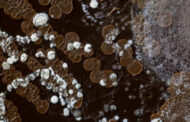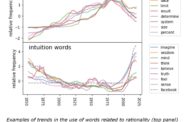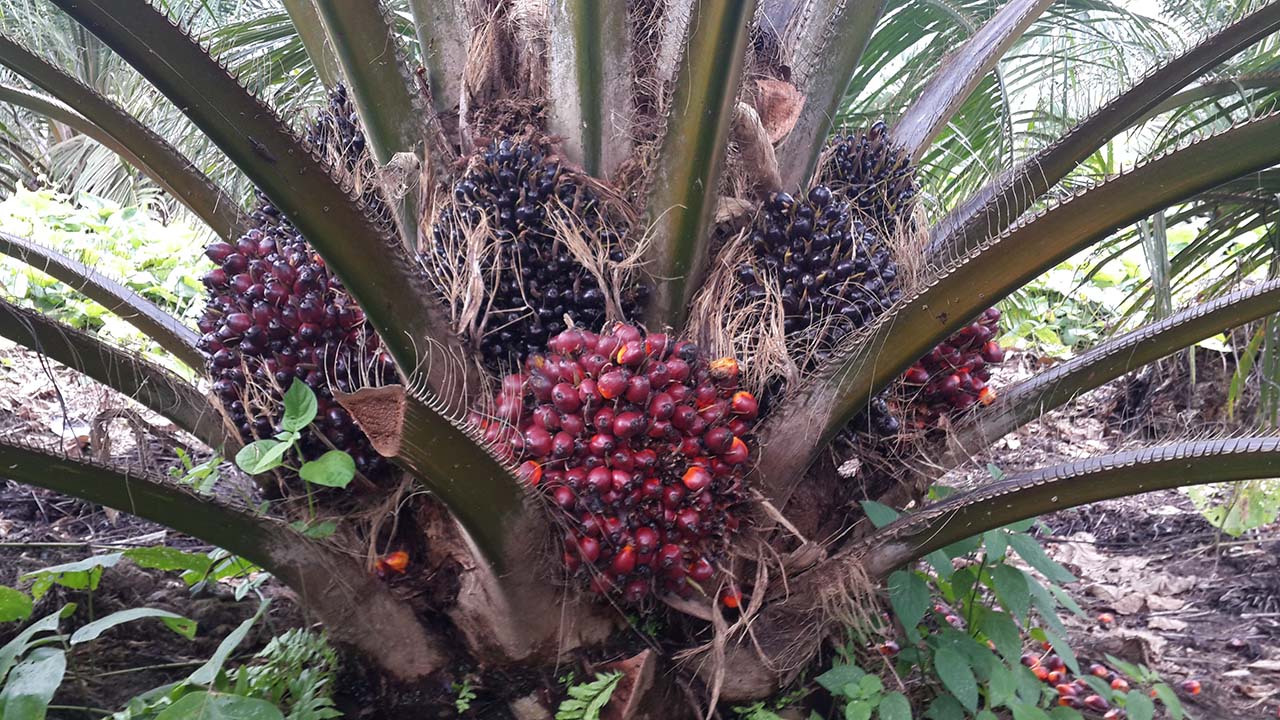
via University of Louvain
In 2007, Patrice Cani (FNRS-WELBIO researcher) and his team at the Louvain Drug Research Institute of UCLouvain, in close collaboration with Willem de Vos, professor at UWageningen, discovered the beneficial effects of an intestinal bacteria, Akkermansia muciniphila1, able to moderate the development of obesity and type 2 diabetes, in mice. In 2017, the team discovered (still in the mouse) that the use of a pasteurized form of Akkermansia leads to an even greater protection than the living bacterium regarding various cardiovascular disease risk factors such as insulin resistance, hypercholesterolemia, or the storage of fat in adipose tissue.
Following these discoveries, the UCLouvain team, in collaboration with the Cliniques universitaires Saint-Luc2, developed a clinical study in order to administer the bacteria to humans. For this, it was necessary to develop the capacity to produce the bacterium in large quantity and to make sure that the tests would be without risk for the participants.
The UCLouvain researchers administered Akkermansia to overweight or obese volunteers, all displaying insulin resistance (pre-diabetes type 2) and metabolic syndrome, in other words, having several elevated risk factors for cardiovascular diseases. The volunteers were randomly divided into 3 groups (placebo, live bacteria and pasteurized bacteria) and were asked not to change their dietary habits or their physical activity. Akkermansia was provided as a nutritional supplement.
The primary goal of this UCLouvain study was to demonstrate the feasibility of daily ingesting Akkermansia for 3 months, without risk. Clara Depommier and Amandine Everard, UCLouvain researchers, observed excellent compliance (the supplements were easy to ingest) and tolerance (there were no side effects) in the groups taking live or pasteurized bacteria.
The conclusions are clear: the tests in humans confirm what had already been observed in mice. Ingestion of the (pasteurized) bacterium prevented the deterioration of the health status of the subjects (pre-diabetes, cardiovascular risks). Even better, the researchers observed a decrease in inflammation markers in the liver, a slight decrease in the body weight of the subjects (2.3 kg on average)3 as well as a lowering of cholesterol levels. In contrast, the metabolic parameters (insulin resistance or hypercholesterolemia) in placebo subjects continued to deteriorate over time.
Who does it benefit? According to the WHO, one in three people die every day from cardiovascular disease worldwide. In Western countries, one in two people is overweight and has increased cardiovascular risks. This research of the UCLouvain would limit these risks and therefore potentially have an impact (limit the effects) on half of the population, if properly used.
In conclusion, this pilot study demonstrates the feasibility of administrating (pasteurized) Akkermansia bacteria to humans in the form of a food supplement and reports encouraging results on the effectiveness of the Akkermansia-based dietary supplements to reduce cardio-metabolic risk factors. These results pave the way for a large-scale study, to confirm/elaborate these first results, but also endorse the commercialization of the bacteria as food supplements.
A generic email address has been created for the public who wants more information about Akkermansia bacteria: [email protected].
Learn and see more: A bacteria likely to reduce the cardiovascular risks of 1 in 2 people
The Latest on: Akkermansia
[google_news title=”” keyword=”Akkermansia” num_posts=”10″ blurb_length=”0″ show_thumb=”left”]
via Google News
The Latest on: Akkermansia
- New study links early gut flora disturbances to autism and ADHD developmenton April 22, 2024 at 1:00 pm
Early-life gut microbiota disturbances are associated with the development of neurodevelopmental disorders like autism and ADHD, suggesting potential early detection and intervention through biomarker ...
- These 4 Gut-Friendly Sweeteners Satisfy Your Sweet Tooth Without the GI Upseton April 22, 2024 at 4:56 am
Natural gut-friendly sweeteners such as honey, maple syrup, molasses and fruit juice contain calories but also deliver beneficial vitamins, antioxidants and minerals. For example, honey and maple ...
- Microbial Signature of KRAS-Mutated Colorectal Cancer Identifiedon April 17, 2024 at 6:18 am
Researchers analyzed gut microbiota from KRAS-mutated and KRAS wild-type colorectal cancer to assess the link between disruptions in the gut microbiome and KRAS mutations in the disease.
- Top 8 Best Akkermansia Muciniphila Supplements in 2024on April 15, 2024 at 5:00 pm
The bacterium Akkermansia muciniphila, which lives in the human intestines, is linked to a range of health advantages. These benefits include, but are not confined to, improving gut health ...
- The Cheap Supermarket Fruit That This Doctor Says Will Balance Your Blood Sugaron April 9, 2024 at 5:00 pm
But back to pomegranates. Dr Hyman also added that other research shows that “pomegranate can increase the abundance of Akkermansia, a probiotic bacteria that helps strengthen the gut barrier, ...
- Disturbed Gut Flora in Early Years Linked to Autismon April 4, 2024 at 5:00 pm
“Coprococcus and Akkermansia muciniphila have potential protective effects. These bacteria were correlated with important substances in the stool, such as vitamin B and precursors to neurotransmitters ...
- Microbial signature of colorectal cancer-associated mutations identifiedon April 3, 2024 at 5:00 pm
Bifidobacterium and Akkermansia were abundant in the samples from patients without a KRAS mutation. Bifidobacterium is a probiotic, and Akkermansia has shown some probiotic activities in previous ...
- Top 8 Best Christensenella Supplements in 2024on March 30, 2024 at 5:01 pm
The price may be higher than some other probiotic supplements on the market. Pendulum Metabolic Daily with Akkermansia contains a unique blend of probiotics that can help support your metabolism ...
- Doctor Says These Foods and Supplements Mimic Ozempic Effectson January 12, 2024 at 5:42 am
If you've ever actively tried to lose weight, you know that it can be challenging, to say the least. Thankfully, weight-loss drugs are now an option for those who haven't had success with ...
- Should You Be Rotating Your Probiotics To Keep Your Gut Balanced? (And Other RD-Recommended Ways To Stay Regular)on December 19, 2023 at 8:04 pm
“Eating colorful fruits and veggies that contain polyphenols—like flavonoids and carotenoids—can feed healthy gut bacteria, especially Bifidobacterium and Akkermansia muciniphila,” the latter of which ...
via Bing News







